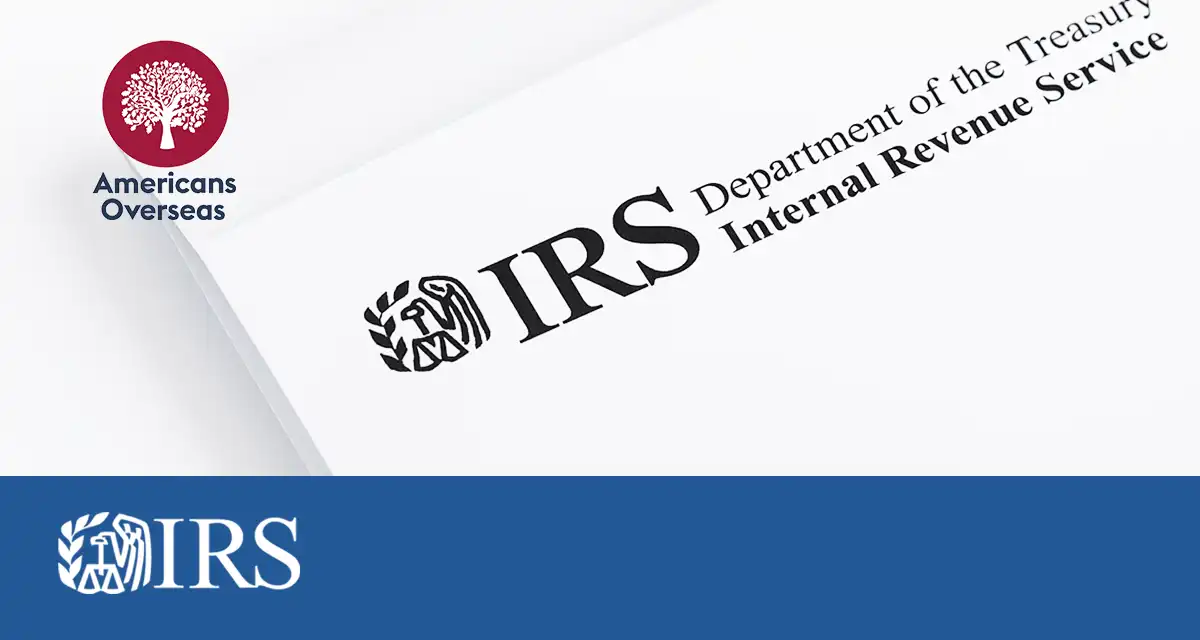
Giving up your US Green Card – Make Sure It is Done Correctly or Pay the Price!

Any US citizen or any person holding a US Green Card has the obligation to file US tax returns and to pay all US taxes. In the case of a green card holder, this remains so even if the green card has “expired” and the individual has not returned to the USA for many years.
In certain cases, the failure to do the right things required under the tax laws can result in imposition of very harsh tax consequences under the so-called “Expatriation” rules. Proper tax advice should always be sought.
US Green card holders are taxed in the same manner as US citizens. That is, they are subject to US income tax on their worldwide income. Regardless of the source of that income. Or where the green card holder is living at the time it is earned.
Aside from the tax dollars themselves, onerous tax filing obligations are required. Including filing of so-called FBARs. They can result in harsh imposition of penalties if not done properly or in a timely fashion. The cost for professional tax advice and for tax return preparation can be very high when international tax issues are involved. As is often the case with green card holders.
Giving up US Green Card
Even if the individual is not complying with the terms of maintaining the US green card for purposes of the US immigration laws, continuing to hold the card still counts for US tax law purposes.
Under the US income tax rules pertaining to green card holders, a foreign individual is considered a “resident alien”. And is thus subject to worldwide income tax for any calendar year. If the individual is a lawful permanent resident at any time during that calendar year.
A lawful permanent resident is defined as an individual who has been lawfully granted the privilege of residing permanently in the United States as an immigrant in accordance with immigration laws.
Many clients who come to see me are under the mistaken belief that simply because their green cards have “expired” they are no longer US tax subjects. This is incorrect. The tax law is very precise on this topic.
Under the US tax rules, once lawful permanent resident status is acquired, it is deemed to continue. Unless it is rescinded. Or administratively or judicially determined to have been abandoned.
A “rescission” of resident status generally occurs when there is a final administrative or judicial order of exclusion or deportation. An administrative or judicial determination of “abandonment” of resident status may be initiated by the foreign person, the US Immigration authorities or a US consular officer. In most cases, the individual initiates the abandonment of the card.
Letter of Intent to Abandon Resident Status
Under the US tax rules, resident status is considered to be abandoned when the individual’s application for abandonment is filed with the US Immigration authorities or a consular officer. (INS Form I–407 “Abandonment of Lawful Permanent Resident Status”). Or when a letter stating the alien’s intent to abandon his or her resident status, along with the green card enclosed, is filed with the US Immigration authorities or a consular officer.
Most people go to the nearest US consulate or embassy with the required documents and turn them over the US consular officer. A stamped copy of the I-407 is given to the individual by the consular officer. This copy must be retained as proof that the card was formally and properly abandoned. The Form can be accessed here.
I always recommend that the individual personally visit the US consulate or embassy to formally relinquish the green card. By doing so, he is present for every step of the process. He then can ensure that he receives proper proof of relinquishment. However, if this is not possible, another method is available.
If filing a letter of intention to abandon US resident status, with the US green card enclosed is the method chosen. The letter must be sent by certified mail. With a return receipt requested or a foreign country’s equivalent thereof. A copy of the letter and the green card, along with proof that the letter was mailed and received, should be retained.
Don’t Forget
• Persons planning to relinquish their green cards should thoroughly understand the rules regarding “expatriation”. Holding a green card for an extended number of years can make relinquishing the card more complicated from a US tax perspective. And, depending on the facts of the case, can result in the imposition of so-called “Exit Tax” liability. As well as other US tax consequences.
• Look carefully at the rules for tax filings that are required. For example, Form 8854 and the final income tax returns reflecting dual-status tax years. These issues, as well as possible tax planning, should be discussed with a tax professional before the green card is abandoned.
• Abandoning one’s green card is irrevocable. Unless the individual holds a passport entitling him to benefits of the US 90-day visa waiver program, the individual will be required to apply for an immigrant visa in order to enter the US in the future.
Contact us for more information
Frequently asked questions
Understanding the US tax system, the obligations, and all the additional terms can be difficult. Especially if one lives outside of America. Is your question not answered? Contact us.
-
Who is required to file taxes in the US?
U.S. citizens and resident aliens who live abroad are generally required to file a federal income tax return and pay taxes on their worldwide income.
Read more... about Who is required to file taxes in the US? -
Do US citizens living abroad still have to file taxes in the US?
Yes, US citizens are required to file taxes on their worldwide income, regardless of where they are living.
Read more... about Do US citizens living abroad still have to file taxes in the US? -
How can I cash my US check?
Received an American check? You can cash your check in the following ways: cash the check at your own bank, transfer to another person (endorsement), cash checks using an online service or cash the check by another bank.
Read more... about How can I cash my US check? -
Are there any special tax forms required for US citizens living abroad?
US citizens living abroad may be required to file Form 2555 and/or Form 1116 to claim the foreign-earned income exclusion.
Read more... about Are there any special tax forms required for US citizens living abroad? -
What is FBAR filing?
FBAR (Foreign Bank Account Report) filing is the requirement for certain U.S. individuals and entities to report their foreign financial accounts to the Financial Crimes Enforcement Network (FinCEN) of the U.S. Department of Treasury. The FBAR filing requirement applies to U.S. persons who have a financial interest in, or signature authority over, one or more foreign financial accounts if the aggregate value of those accounts exceeds $10,000 at any time during the calendar year.
Read more... about What is FBAR filing?






